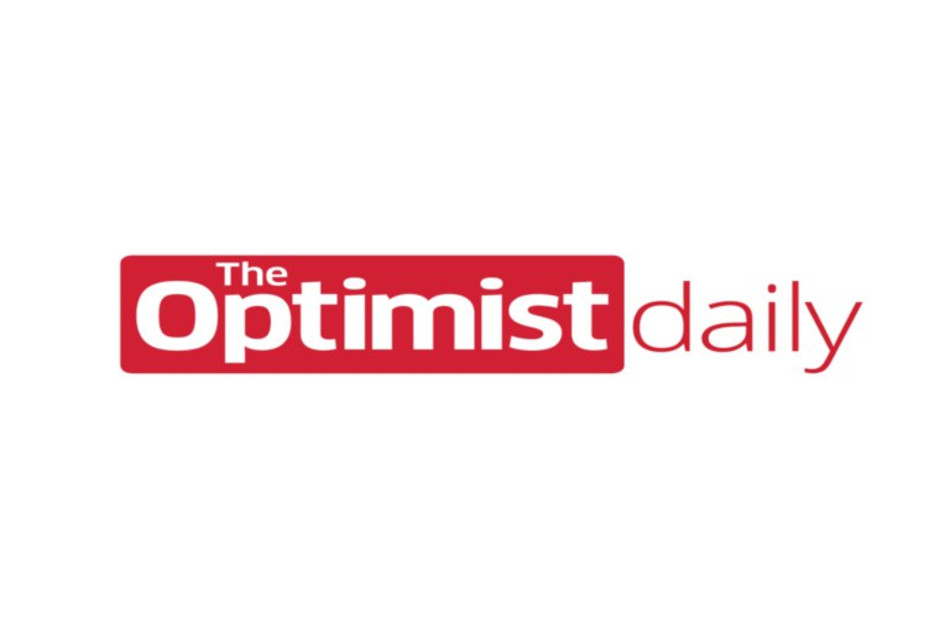While many of us are excited to break free from the confines of pandemic restrictions, head back to the office, and finally switch our sweatpants out for a pair of trousers we actually want to be seen in, we have to acknowledge that there are certainly some perks to working from home—namely, being able to take a nap whenever necessary.
Now that more and more companies are calling their employees back to the workplace, what does this mean for the weekday nap? Yes, some big tech firms (like Meta and Google) encourage napping and even provide “nap pods” in their offices, but unfortunately, this idea hasn’t caught on yet in most offices.
However, there are plenty of reasons for naps to be implemented in the professional sphere. London-based consultant group ProNappers, which was formed in 2020, is focused on demonstrating how a quick nap benefits workers. They’ve already worked with 20 companies, including Deutsche Bank, but unfortunately, CEO and founder Cara Moore says that they “have not seen companies overtly wanting to promote naps for their employees.”
Most times, she says that the company “often [preaches] to the converted when [they] talk to the well-meaning folks in charge of well-being in companies… but when it comes to actually getting them to install a nap space or promote naps, [they] reach a brick wall.”
The reason behind this could be the mentality that set “nap times” are for pre-school-aged children, and company leaders should be pushing for productivity and productivity only in the workplace. However, if that’s what they’re really after, then they only need to look at the data. It’s been shown that naps make workers more alert, improve cognitive function, boost energy, morale, and enhance productivity overall—something that many of us have probably become more aware of based on these past two years.
If your office isn’t nap-friendly, then consider starting that conversation and acknowledge your need to nap. Don’t be afraid that you’ll be alone in this, either—in fact, according to a late-April 2020 survey by career firm Zippia, 33 percent of workers admitted to taking advantage of cheeky mid-work-day naps. In some states, this percentage was as high as 67 percent.
“So many people we speak to have said that one of the best things about working from home is that they have been able to have a nap in the day and work more effectively afterward as a result,” explains Moore.
Bringing naps into the workplace could be even more important now than ever before, as it “could help people transition because going from telecommuting back to the traditional work environment will be exhausting for many,” Moore adds. “And being able to shut their eyes without shame for 10 to 20 minutes a day could make all the difference.”












